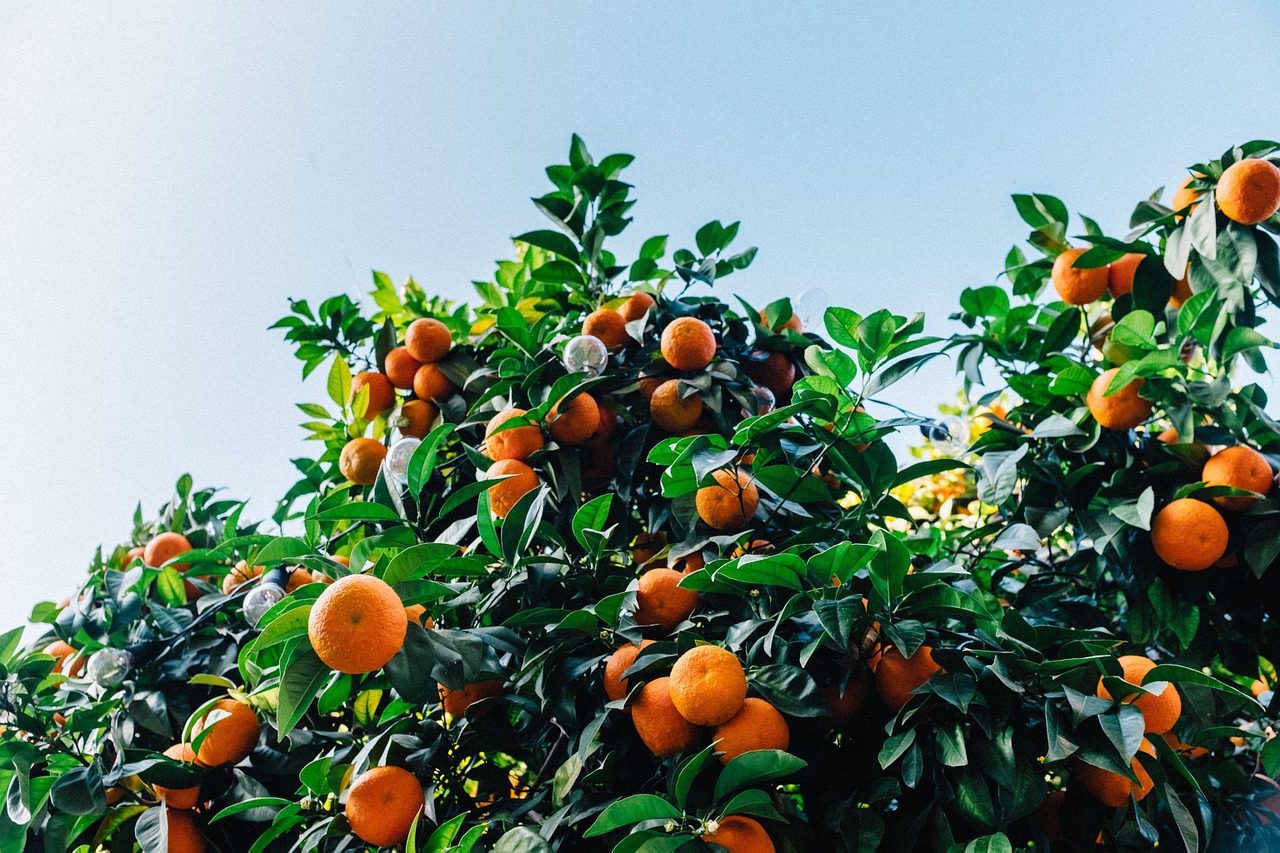There is a call to readjust citrus classifications by those in the Florida citrus industry to deal with new varieties and marketing issues.
The regulations, statutes, and rules in Florida’s citrus industry are as numerous as varieties of citrus, according to a Growing Produce article. According to the article, these regulations all served a valid purpose at one time, but many in the Florida citrus industry are calling for a readjusting of some Florida Citrus Rules, according to the article, written by Peter Chaires, the executive director of the New Varieties Development & Management Corp. Chaires maintains the issue is Florida Citrus Rules 20-13.001 and 20-13.004, the first of which outlines the requirement for classification of citrus varieties, and the second requires each newly developed variety or hybrid be classified as an orange, grapefruit, tangerine, tangelo, or other. The ins and outs of the issue of citrus classifications are mainly driven by genetic technology and the search for citrus greening-tolerant varieties, says Chaires. See the details below.
Issues With Citrus Classifications
Citrus greening has created an influx of complex hybrids and a volatile market, and it has made some varieties difficult to classify. The article cites LB8-9, a mandarin hybrid known as ‘Sugar Belle,’ for example. This hybrid was developed by UF/IFAS researchers and has found praise and popularity for its tolerance to citrus greening. According to the article, it is currently being grown on or planned for over 1,000 acres of Florida citrus groves, but it has not yet been classified.
Part of Florida Citrus Rule 20-13.004 maintains that “A citrus variety or hybrid shall be classified as orange, grapefruit, tangerine, or tangelo if it resembles one or more established varieties of orange, grapefruit, tangerine, or tangelo and can be acceptably marketed as such.” However, some say ‘Sugar Belle’ should be classified as a tangelo and others say ‘Sugar Belle’ should be in the “other” category, and there is no consensus and the variety has remained unclassified.
In essence, unclassified equals unmarketable citrus. Growers and others invested in fresh fruit citrus sales cannot adequately market a citrus variety if there isn’t a clear way to market the variety to consumers without confusion. The article maintains the issue is only likely to further muddled as hybrids of different citrus parentage are created that are “orange-like” or “grapefruit-like” and have characteristics that don’t fall into the traditional classifications. With the challenges presented by citrus greening and a market that is fickle all on its own, Florida citrus growers deserve consistency in citrus classification to make marketing as easy as possible.
Griffin Fertilizer is committed to helping both growers and ranchers make sound agronomic and economic decisions in order to maximize the health of their grove and pasture. As a full-service custom dry & liquid fertilizer blender and crop protection product distributor, we will continue our mission to further advance Florida agriculture. For questions or concerns about your farm or pasture, contact us and one of our team will be in touch.

